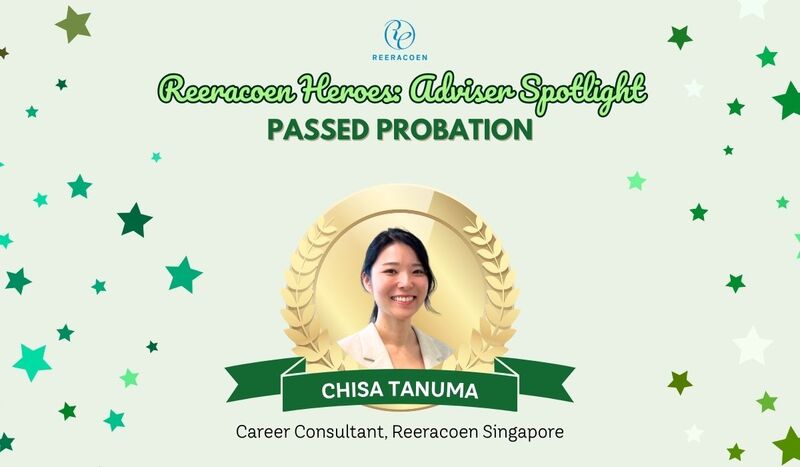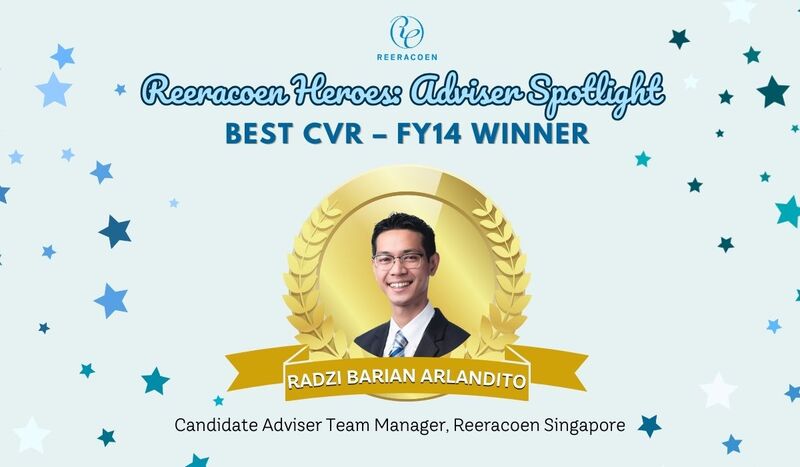Tips on hiring fresh Graduates and our thoughts on the new normal

The past, present, and the future
As we crawled out of the burrows of the pandemic that raged across the globe, the world was once again thrown into chaos. This time, arising from the war in the north.
Be it overtly or subtly, all of our lives and business has been impacted by the unending developments of the past years, disorienting us from the path we used to follow.
Times are changing, and we need to adapt; Life must go on. There is currently a great divide between the needs of Job Seekers and the needs of Businesses. Our predictive model reveals the ratio of Job openings to Job seekers in Singapore to be between 2.27 to 2.39*; in other words, the average job-seeker receives 3 offers within a month of job searching. The upward trend still has room to grow but this is not a good statistic for businesses.
Sustainability has become a goal for many organizations and individuals alike, and with the existential crisis that we face, it is tempting to focus on the environmental issue of sustainability. We can all do many things to play a part in maintaining the survival of the small planet we live on, yet that should not be the only goal in sustainability. Another sustainability that we can look for is the social compact–the organization's drive to maximize human capital.
Much has been written on the subject of the role of business organizations and their part to play in the social compact. An article in Harvard Business Review in 1994 by Bernard Avishai* said, "Soon the problem wasn't worker unemployment, but worker unemployability.", and so it did. As part of Singapore's government’s efforts in the social compact, there has been substantial investment in citizens and human resources, MOE Tuition grant, Skills future schemes, and Life long learning institutions. Yet many citizens decry the ineffectiveness of such schemes. On anonymous forums, one comment reads, "My boss only wants to see degree, what to do?"
For the past decades, the rise of lean methodology, agile, and six sigma has increased organizations' desire to minimise wastage, thus cutting the cost of operation. This in and of itself is admirable; one wing of achieving sustainability is making things more efficient. The problem arises when we decide to treat employees not as people but as materials for the operation. There is no one factor or one singular point where this started although the answer may lie in the complex web of socio-political-economic reasons.
The virtuous cycle
In the 2020 Megatrends report by Ernst & Young, they wrote of the many ways companies can and should draw up a new social compact in the post-pandemic world, one of equity and collectivity focused on long-term goals. Returning to Bernard Avishai, there were already talks of the need for companies to be "Learning and Teaching" organisations before the current millennium.
Employees are people, and people are never complete nor will be perfect. Countless research papers spilled ink over the notion that employees who are given in-house training or are provided avenues by the company are more loyal, stay longer, have better morale, and inadvertently be more productive. They will generate more value for the company as firms cut the cost of looking for another replacement.
An employee who is well trained is happier and more productive, leading to better performance for the company; in turn, allowing the company to expand further and be more profitable.
This is the virtuous cycle of human-resource sustainability. A part of the new social compact that companies can try to strive for.
In the first week of March 2021, the ratio of open jobs to Job-seekers in Singapore was estimated to have been between 2.45 to 2.57. While we have not seen a significant decrease, there was a decrease overall due to fresh graduates seeking employment. So, now is a great chance for companies to reach out and seize the opportunity. Over the coming weeks, we will write a series of articles and publish a collated guide the end that companies can use to attract these new talents entering the workforce and put in place training programs that can help your organization achieve the virtuous cycle. These guides can serve you well in navigating the hiring cycle of fresh graduates, supporting mid-career switchers, and reaching out to those who wish to re-enter the workforce but require on-the-job training.
Reeracoen Singapore hopes to be your valuable partner by assisting your organisation in achieving this virtuous goal. Please feel free to drop us an inquiry to get in touch with our trusted consultants.
*We predict 196,000 to 276,000 job openings and 68,000 to 115,000 Job-seekers in Singapore's labour market.






